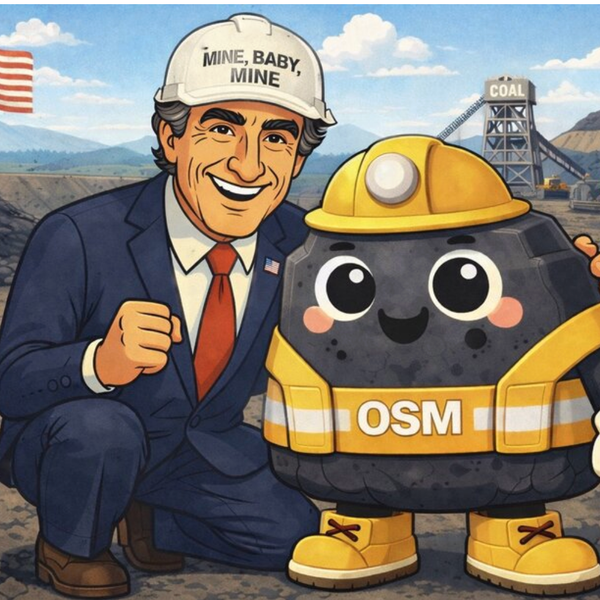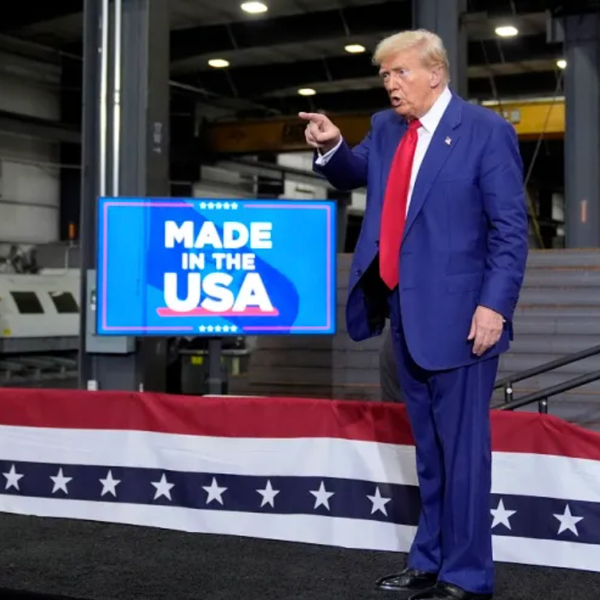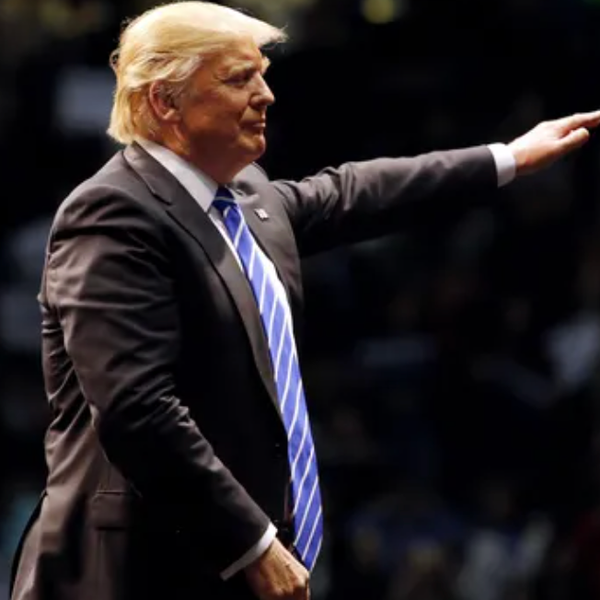
Even if you are not one of the 44 million Americans lucky enough to be in a private-sector traditional pension plan, you should care because if enough fail, your tax dollars will be needed to clean up after them. Defined benefit pensions, properly funded, are the most economically efficient way to finance old age. Congress has failed since it enacted ERISA, the 1974 Employee Retirement Income Security Act, to impose rules to get the most benefit with the least risk out of traditional pensions. Instead, campaign-donation-seeking lawmakers have enabled rules that encourage the private pension system to shrivel and weaken.
In July the 100 largest company pension plans had their worst recorded month and now owe $533 billion more than they have assets to pay, the Milliman benefits consultancy says. Other consultancies have issued similarly dire reports.
The core problem has been too little money put into pension plans. Putting in too little money, as noted economist Martin Feldstein pointed out more than three decades ago, inflates stock prices by obscuring corporate liabilities for future pension obligations. This distorts current investment decisions and creates future risks for investors and workers when these pension obligations come due.
Pension funds come from workers, who set aside what would otherwise be current cash wages to provide for their old age. Not putting that money into the pension plan is a subtle, but widespread form of wage theft. Companies argue that they make funding estimates based on what the law allows, which is true. But then it is usually what the law allows, not venality, that is the scandal.
Compounding the thievery are 12 years of abysmal stock market returns. From its 2000 peak, the total market, with dividends reinvested, is down a fourth in real terms, prices of Vanguard’s total stock index fund show.
Further pressing down on pension plans is ZIRP, the Federal Reserve’s Zero Interest Rate Policy. The Fed says its policy is needed to stabilize the economy, but of course there are other stabilizing options like Congress making investments in infrastructure and research that put people to work while making commerce more efficient and profitable.
Artificially reducing interest rates reduces returns on bonds and cash. This, in turn, requires larger cash infusions, which are even harder in these hard times.
The Fed has been holding the interest rates it controls at next to nothing for almost four years and plans to keep doing so for another two.
For a benefit due in three decades, reducing the expected annual interest rate from 7 percent to 2 percent requires more than four times as much cash today. One way to avoid putting in more money is to freeze pension plans, an especially cruel policy for workers with long tenure.
By 2004 just four of the 1,000 largest companies with pensions had frozen, but five years later 310 had, according to the National Institute for Retirement Security and the Watson Wyatt compensation consultancy. More freezes are a certainty.
If you want to know about the health of your pension plan go to pensioninspector.com. Registration is free for individuals. David J. Tananbaum, a veteran pension actuary, has compiled years of Form 5500 annual reports by pension plans, analyzed them and applied a simple A to F grading system.
The most useful part of Pension Inspector is its system, based on federal law, ranking whether a plan has enough to pay three classes of participants: those already retired, “terminees” who have left employment but are not yet eligible to collect and current workers.
A plan may look healthy overall, but if there is not enough money to pay current workers the benefits they have earned so far it tells you two things. One is that your employer probably stole part of your wages, or the wages of those who came before you, by not putting as much as you gave up in cash wages into the plan. The second is that the plan is at a greater risk of being frozen, which is bad news for current workers, especially those older than 50.
Since 1975 pension failures have been modest, with just 1.5 million people, or 3 percent, in plans taken over by PBGC, the federal Pension Benefit Guaranty Corp, created by ERISA, which protects the pension benefits of the 44 million Americans in insured pension plans.
Pension failures, so far, have not yet cost taxpayers a penny because insurance premiums, assets left in failed plans and – often – reduced benefits for retirees have been enough to keep the checks flowing.
Amazingly, PBGC keeps no record of how much less those 1.5 million people get because they were in plans that failed. This is because Congress does not require it to keep a record. Congress should hold hearings to get at the answer.
Compare this situation, bad as it is, with the bailout two decades ago of the savings-and-loans at $313 billion in today’s dollars and the 2008 bailouts of Bear Stearns at $192 billion, Bank of America at $152 billion and Citigroup at $292 billion, to cite just a few examples.
But that does not mean pensions will never need a taxpayer bailout. Joshua Gotbaum, director of the PBGC, told Congress in February that “if PBGC’s finances aren’t reformed, the agency will eventually run out of money to pay benefits.”
Congress then enacted a sort of patch, over the objections of the ERISA Industry Committee, the main pension group lobbying for Corporate America, which also objects to the Fed’s low-interest rate policy.
The 1974 Employee Retirement Income Security Act does not provide for a taxpayer bailout of pensions, but the economic damage done to plans by artificially low interest rates builds a moral and political case for one in the event of many more plan failures.
If many plans fail, or benefits are slashed because of frozen plans, more older Americans will not have enough to survive. Does anyone think we will force many older Americans to choose between homelessness and suicide?
This opinion piece originally appeared at Reuters.com
Photo by Talk Radio News Service via Flickr.com









